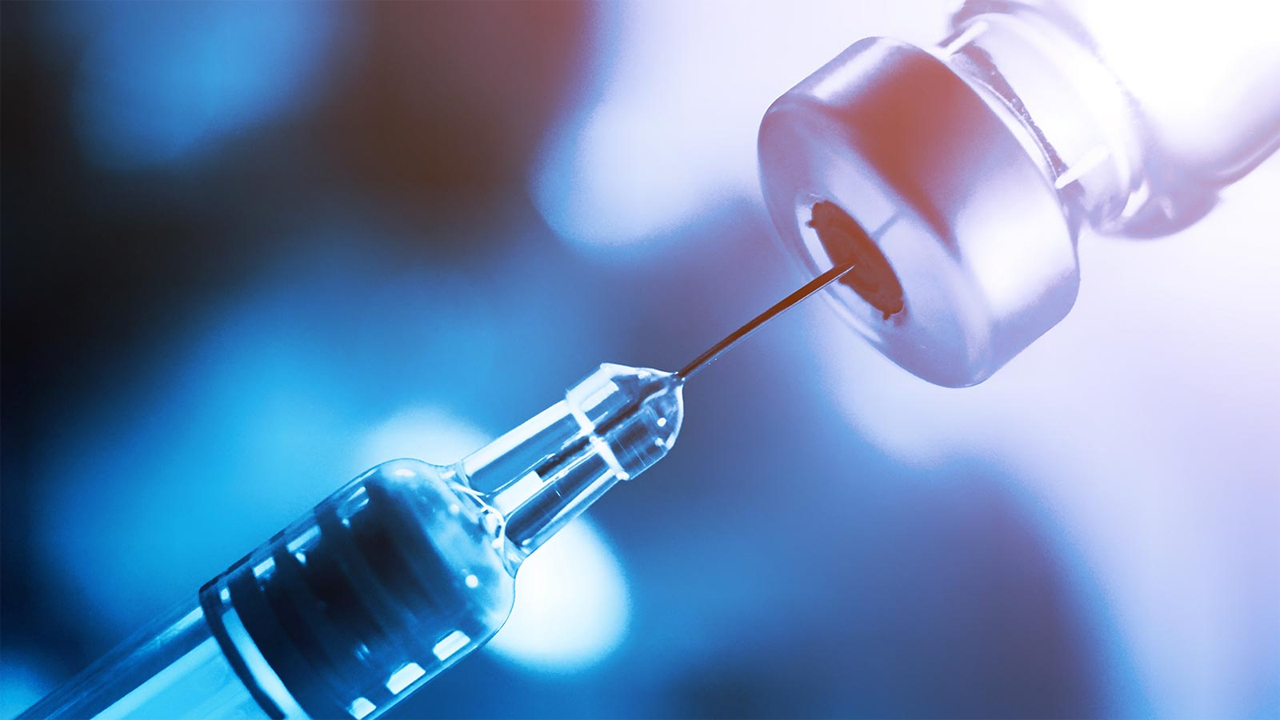IATA has published guidance for the air cargo industry to follow when transporting Covid-19 vaccines to ensure that they are moved safely and securely in what it says is the “largest and most complex global logistics operation ever undertaken”.
The Guidance for Vaccine and Pharmaceutical Logistics and Distribution addresses how key challenges can be dealt with when moving the vaccine.
Such challenges include the availability of temperature-controlled storage facilities and contingencies when such facilities are not available; and defining the responsibilities of parties involved, such as government authorities and non-government organisations.
“The guidance includes a repository of international standards and guidelines related to the transport of vaccines and will be updated regularly as information is made available to the industry,” IATA said.
It added that guidance was created with the support of numerous partners, including: the International Civil Aviation Organization, International Federation of Freight Forwarders Associations, International Federation of Pharmaceutical Manufacturers and Associations, Pan American Health Organization, UK Civil Aviation Authority, World Bank, World Customs Organization and the World Trade Organization.
Alexandre de Juniac, IATA’s director general and chief executive, commented: “Delivering billions of doses of a vaccine that must be transported and stored in a deep-frozen state to the entire world efficiently will involve hugely complex logistical challenges across the supply chain.
“While the immediate challenge is the implementation of Covid-19 testing measures to re-open borders without quarantine, we must be prepared for when a vaccine is ready. This guidance material is an important part of those preparations.”
IATA also set up a joint information-sharing forum for stakeholders involved in moving the vaccine.
The guidance recommends that governments and stakeholders consider: capacity and connectivity; facilities and infrastructure; border management; and security.
“The global route network has been reduced dramatically from the pre-Covid 24,000 city pairs,” IATA said. “Governments need to re-establish air connectivity to ensure adequate capacity is available for vaccine distribution.”
It added: “Vaccine needs to be shipped and stored in temperature-controlled environment. Some types of refrigerants are classified as a dangerous goods. Considerations include availability of infrastructure, facilities and equipment and trained staff to handle time-and temperature-sensitive vaccines.
On border management: “Timely regulatory approvals and storage and clearance by customs and health authorities will be essential. Priorities for border processes include introducing fast-track procedures for overflight and landing permits for operations carrying the Covid-19 vaccine and considering tariff relief to facilitate the movement of the vaccine.”
Finally, on security IATA warned that vaccines are highly valuable commodities and therefore arrangements must be in place to ensure that shipments remain secure from tampering and theft.
“Processes are in place already, but the huge volume of vaccine shipments will need early planning to ensure that they are scalable,” IATA said.

 Vaccine needs to be shipped and stored in temperature-controlled environment
Vaccine needs to be shipped and stored in temperature-controlled environment









.jpg)










.jpeg)

.jpeg)








.jpg)


